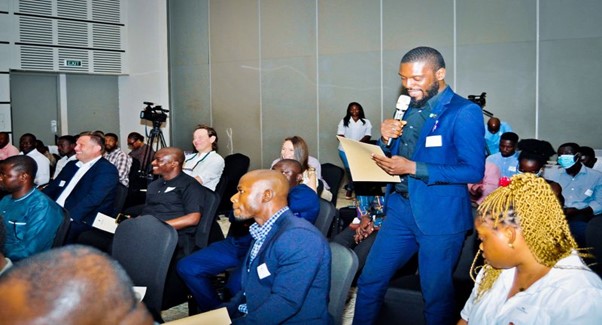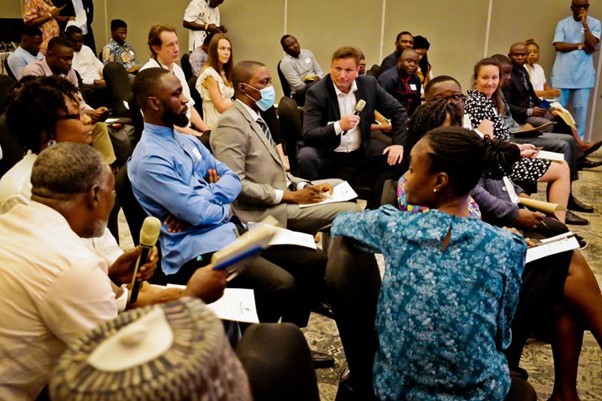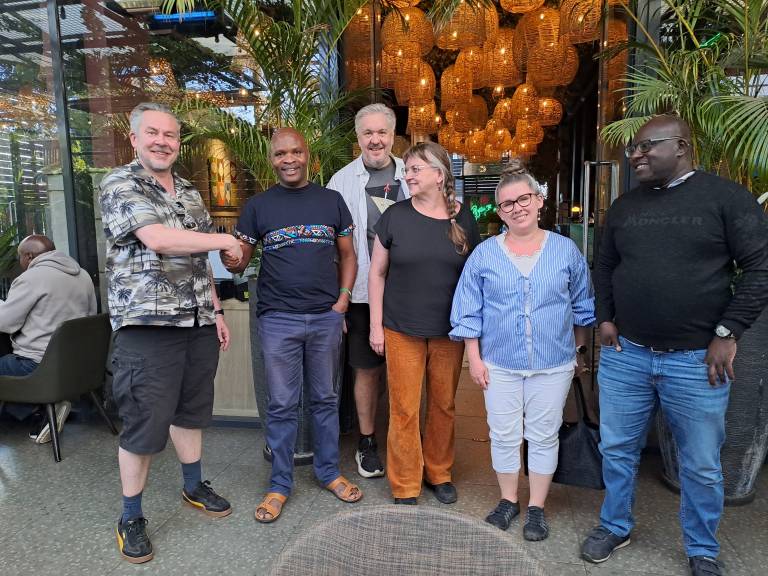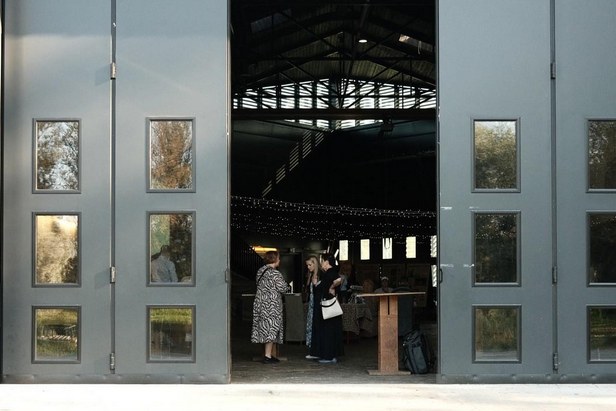The aim of the event was to find similarities and explore collaborative economic pathways in the promotion of a circular economy between both countries. The program featured exhibitions, presentations and stimulating conversations on plastic recycling and related businesses. The local representatives in co-operation from Ghana include Plastic Recycling and Aggregators of Ghana and the Plastic Manufacturers Association of Ghana.
The demand and supply of recycled plastic in Ghana
The increase in plastic usage in Ghana is due to the flexibility to industries and consumers. These include lightweight, corrosion-free, cheap, and long-lasting materials, which can easily be sourced from the hydrocarbon industry. The flexibility and easiness to use of plastic has led to plastics being widely used for packaging and other applications.
Research shows that an estimated amount of 2.58 million metric tonnes of raw plastics are imported into Ghana annually. About 73 per cent of this figure ends up as waste, while just 19 per cent is re-used, according to the country’s Environmental Protection Agency. This means, that less than 0.1 per cent of the waste is recycled, and the rest ends up in the environment.
Challenges of recycling plastic in Ghana
The country is challenged with mounting plastic waste and pollution because of the rapid expansion of economic activity from single use plastic. The insufficient infrastructure to manage and reduce waste has led to increased plastic waste and pollution, putting the well-being of both Ghanaians and biodiversity at risk. According to the Ministry of Environment, Science, Technology and Innovation, “A vibrant recycling industry in Ghana could recover nearly one million tonnes of waste plastics from the environment and landfills annually, to be recycled into basic-need products valued at 2 billion GHC per year, creating 5 million jobs across the economy” Hence, urgent and collective action is needed to address this challenge.

Call to Action!
Competence development and collaboration between educational institutions and businesses is one of the crucial factors needed to tackle plastic waste and pollution challenge. The key is education and training regarding bioplastic technologies in packaging innovation, design for re-use, recycling facilitates and infrastructures, including integration of sustainable business practices throughout value chains. Several circular economy and waste management initiatives have also been established at the local level. However, the initiatives lack a systemic design approach to prevent waste and pollution challenges. This offers business opportunities to be tapped by Finnish Universities, Vocational colleges, and businesses.
Text: Bernard Kusi , Circular Economy Strategist (TAMK alumni)
Pictures: Archive of Business Finland





